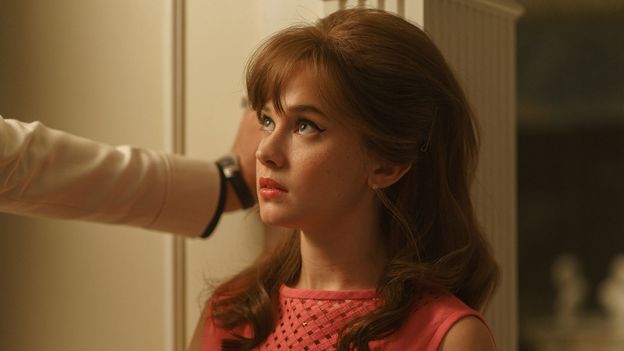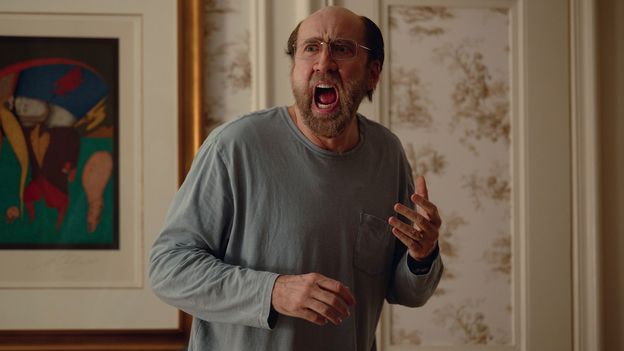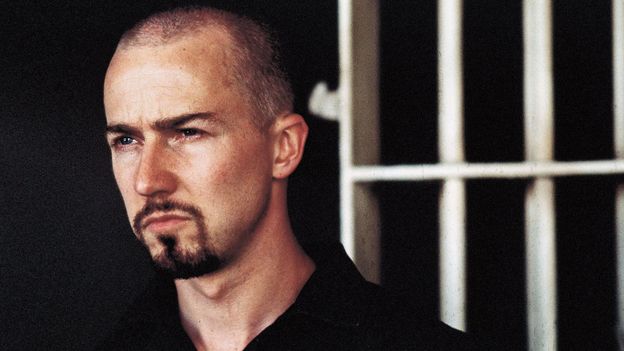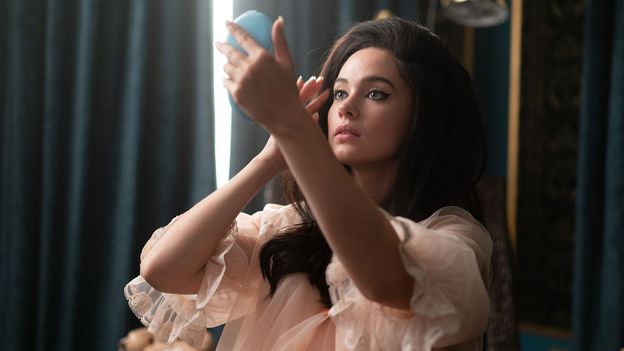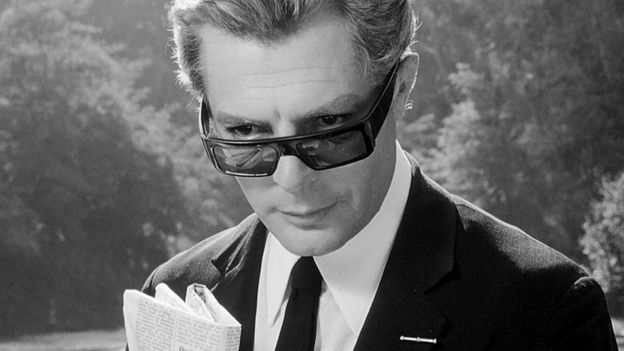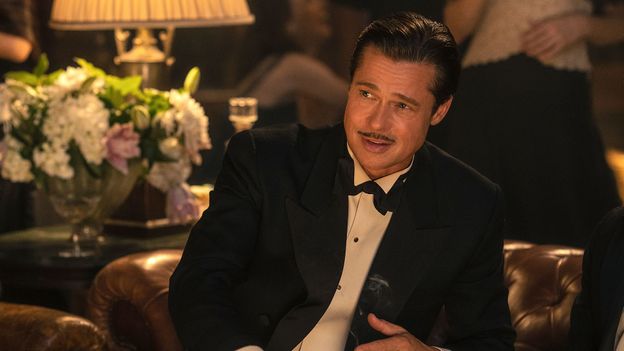Is there anyone in world cinema quite like Hirokazu Kore-eda? Year after year, the Japanese writer-director keeps making wry, humane, quietly heart-wrenching comedy dramas, and every one of them is a treat. He won the Palme d’Or at the Cannes Film Festival for Shoplifters in 2018, but, really, you could stick a pin in most of the past 25 years, and you’d hit a Kore-eda film that deserved some prize or other. That includes Monster, written by Yuji Sakamoto, which premiered at Cannes on Tuesday.
More like this:
– ‘Preposterous from beginning to end’
– Johnny Depp’s comeback is a flop
– 10 of the best films to watch in May
The first thing to say about Monster is that it isn’t a monster movie, but it’s tricky to define what kind of movie it is. Maybe it’s most accurate to say that it is three films, in three different genres, one after another, that examine the same events from three different perspectives. The initial third introduces Saori (Sakura Ando), a widowed laundry worker who lives in a small Japanese coastal town, and has an endearingly jovial relationship with her son Minato (Soya Kurokawa). But Minato has started to act strangely: he hacks at his long hair with a pair of kitchen scissors, and he jumps out of the car she is driving. Perhaps his behaviour is due to his being upset about his father’s death, but Saori learns that he is being insulted and assaulted by one of his teachers, the shady Mr Hori (Eita Nagayama). The mystery intensifies when she goes to the school to complain, and the principal and other staff members are so evasive and withdrawn that they could be brainwashed cult-members or aliens in human form.
This segment is a wonderful chiller that balances extreme creepiness with the clutter and colour of ordinary life, and which works as a Kafkaesque commentary on how difficult it can be to know what your children are going through, and on how frustrating it can be to try to get straight answers from those in authority. But then Monster rewinds and covers the same period again, this time as a satirical black comedy about institutional cowardice and social media, before covering it a third time as a bittersweet tale of bullying and fragile youthful friendship. Each third fills in more pieces of the jigsaw, adds layers to the characters, and forces the viewer to reassess who the “monster” of the title actually is.




